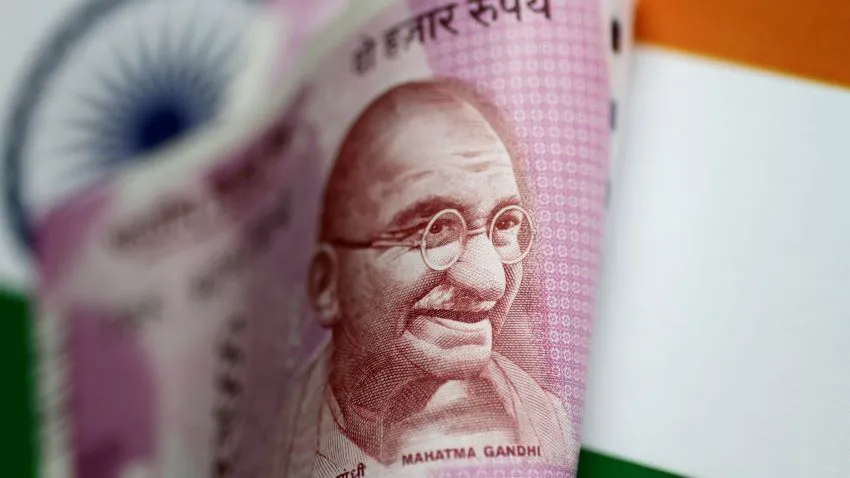
Emerging market currencies have been pummeled by the novel coronavirus pandemic as frightened investors pull money out of economically vulnerable corners of the world.
India's rupee fell to a record-low 75 against the dollar on Thursday while the Indonesian rupiah touched 15,400 against the greenback at one point, a level not seen since the Asian currency crisis in 1998.
Those nations are scrambling to support their economies through rate cuts, fueling currency sell-offs. The pandemic that has upended people's lives across the globe is now threatening an economic crisis in those regions.
Those nations are all plagued by the double whammy of a current-account deficit and a budget deficit. The turmoil from the coronavirus outbreak will inevitably widen red ink in national budgets while plunging prices of top exports, such as natural resources and agricultural products, will also worsen current account balances.
Concerns about the toll on India's economy has sparked an outflow of capital. India is a net importer of petroleum, but despite the drop in crude oil prices, the rupee still traces a downward spiral.
Indian Prime Minister Narendra Modi on Thursday urged the country’s 1.3 billion citizens to stay indoors to protect themselves from the coronavirus. He called for a self-imposed curfew from 7 a.m. to 9 p.m. from March 22. This is certain to exacerbate the economic blow.
There are at least 173 confirmed cases of COVID-19, the disease caused by the virus, in India as of Thursday, including infected foreign nationals, according to the country's health ministry. Though the figure is relatively low, it has more than doubled during the past week.
Central banks in emerging nations have aggressively loosened monetary policies to shore up their economies. Indonesia's central bank said Thursday a policy rate cut of 25 basis points to 4.50%, marking the second reduction in as many months.
The Philippines decided the same day to slash its benchmark interest rate by 50 basis points to 3.25%. The country's central bank eased rates for two consecutive policy meetings, and the size of the reduction widened from February's cut of 25 basis points.
But interest rate cuts tend to exacerbate currency depreciation, so it remains to be seen how far central bankers can go on the easing route.
In emerging countries, capital has flowed out of equity and debt markets at unprecedented scales. Daily net portfolio outflows by nonresident investors have exceeded $2.5 billion, according to a report from the Institute of International Finance, based on a 28-day moving average. The rate is more than twice as large as the attrition observed during the 2008 global financial crisis.
Emerging nations are prepared to prop up currencies through mass purchases. But in the case of Turkey, its foreign exchange reserves are only enough to cover four or five months' worth of imports, leaving it with less than ample firepower for currency intervention. Turkey's lira weakened against the dollar to the lowest level since September 2018 on Thursday.
The coronavirus outbreak is poised to unleash a negative feedback loop in emerging economies. Softer currencies mean imports will be more expensive for consumers at home, which will curtail domestic spending. The stagnated traffic in people and goods would cause small businesses to go under, increasing the jobless rate. Spending would further decrease, resulting in a steeper economic slowdown.




















